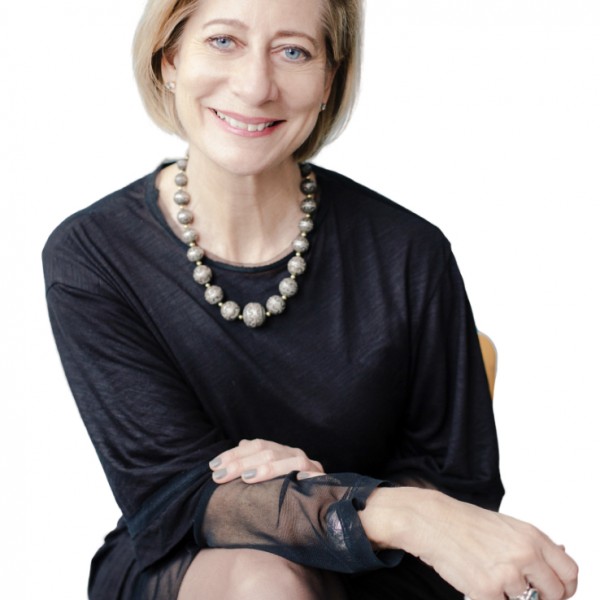As all our readers know, Assist had its genesis with lawyers in the recovery community in the early 1980's. Many members were attending Alcoholics Anonymous and saw a continuing need for help among their colleagues. As of today's date, we have added many other personal issues to our mission but Assist remains committed to the recovery community and the challenges they face every day.
No one can tell a better story than the person who has lived it. As Loraine is off on a week's vacation, we are thankful for Michèle's bravery in penning this week's blog by answering the question:
"Tell us about how impairment affected you"
Impairment and How it Affected Me
By: Michèle Stanners
Impairment: a polite way to describe the state resulting from substance abuse/misuse/overuse, alcoholism, addiction. And it was present long before I was assigned my office as an articling student at a large firm whose name has changed at least three times since.
“Impairment” was with me from the age of twelve, varying in scale and intensity. At first it all seemed like fun, like being a grown-up, someone else, so maybe the imposter syndrome was already settling in. Alcohol killed pain, gave me an identity and courage. It turbo-charged my ego and made me believe I could do and get away with anything. For a long time alcohol was a good pal, until it wasn’t and then it wouldn’t let go. So it was an impairment through high school and into undergrad and law school. And followed me right into that office in 1986.
There were enough signs by then that any of my accomplishments to date had been sub-optimal. But I still presented well, was bilingual, and came to the table with an MBA and a capacity to mask my addiction. And a superpower for finding all the others in the firm who were just like me. I was told later that in the normal population, 10% of people suffer from substance abuse. That rises to 15% for lawyers and to 25% for lawyers who have been practicing for over 25 years. So the odds of finding drinking buddies were pretty good.
School I could do – taking tests and writing essays. A real job where you had to have genuine confidence and the capacity to focus; the humility to know that you knew very little and to suck it up and do whatever was asked. Impossible as I had the emotional maturity of a twelve year old trapped in a twenty-something woman’s body.
From the first day, I felt like I did not belong. Worse, I had no tools. I handled what I could but was too proud to ask for help. There was a constant sense of impending doom and a gravitational pull to familiar behaviour: hang with the lawyers who liked drinking as much as I did. How many times did I go for lunch with a colleague and not go back to the office? Eventually, I didn’t even need a colleague. Stampede was the best – a ten day Hallowe’en party for adults, no holds barred. This led to all manner of inappropriate behaviour, on my part and others and situations I should never have been in. I had three states of being - I was either intoxicated, hung over or thinking about drinking – which became clear to me only long after I quit drinking. When you’re in the jar you can’t see the label.
Firm functions were mostly a disaster and maybe today, 28 years later, there would have been more guardrails. There were guardian angels who tried very hard to make me shine. I had a gift for self-sabotage. While I was busy having relationships with associates I was not paying attention to the clients I was assigned. So a lot of my work was done at the last minute or when I was in one of my three states. I remember opening a file, reading a brief and thinking – “Wow, this is well written”. It was my work and I had no recollection of drafting it.
It’s surprising that so few of us get called up to the Law Society. It’s not surprising that I was at that firm for only 12 months.
Prior to alcohol, I was an A student, class leader, pianist, athlete, fully participating family member, friend. I was creative, smart and charismatic. I lost a lot of that and since 1995, the year I quit drinking, I have regained most of it. I had regrets – like quitting the piano and now I play every day. As a lifelong learner, spending 8 years at university in a blur was hard to swallow. What fortune when I was invited as a Fellow at Harvard University and stayed an extra two years to complete a Masters in Theological Studies. Relationships were repaired, no longer impaired, and gone is the imposter syndrome. Yes, I left the practice of law but have no regrets as I was able to use those skills in advancing a career in non-profit leadership. I am so grateful to the Assist family for taking me in and for now being in a position to help others like me.
One day at a time,
Michèle

